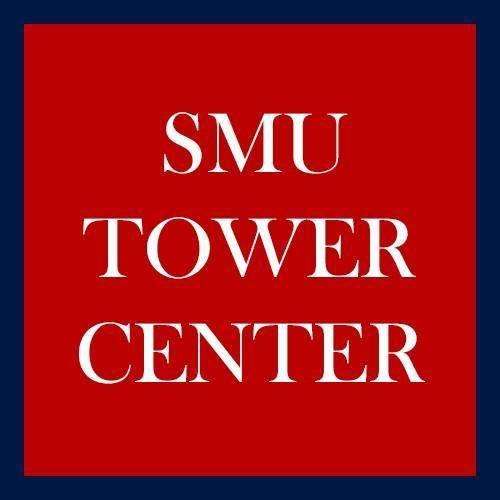On Thursday evening, while protests took place regarding Stephen Crowder’s controversial arrival to campus, the Tower Center redirected the attention towards minority groups in the Middle East.
Both guest speakers for Thursday’s event were female professors who traveled from the Northeast to come speak on campus for the discussion on Being Different in the Middle East: Minority-Majority Relations in the Historical Perspective.
First up was Ariel Salzmann, who is a professor at Queens University and specializes in the old regimes of the Ottoman empire. Her discussion focused primarily on the Jewish experiences from the Middle Ages into the 20th century, and how they became a minority group in the Middle East.
The Sephardic-European Jews were expulsed from Spain as early as the 12th century, which was just the beginning of what would be decades of resettling for the religious group. As numbers in Europe dwindled, Jewish populations grew massively in the Middle-East, with an estimated population of 5.73 billion as of a 2010 census.
“We’re going to have to nuance this term minority,” Salzmann said. “Not think about it in terms of binaries, but in terms of change.”
Salzmann is referring to the deluded associations that often come with the word minority. In the West, we typically view diversities in terms of skin color and origins. Are you of European or African descent? Or perhaps Native American?
This is far more complex in Europe and the Middle East, where there are dozens of ethnic subgroups that have been dealing with tensions for centuries, fighting over territory on the road to developing themselves as nation-states.
Lerna Ekmekçioğlu is a professor at MIT who used to be a former student of Salzmann’s. Specializing now in women-gender studies, she is also a Middle East historian who hails from Turkey.
Ekmekçioğlu focused more on the mistreatment and discrimination which lands upon minorities in the event of building a nation-state. Europe has had a long history of ethnic cleansing and even claimed that this process is actually considered as Western by “homogenizing the population as much as possible.”
The Turkish republic aimed to discourage any ethnic conflict in the region by imposing minority-protection clauses towards all of the non-Muslims living in Turkey as a minority.
The process, instead, turned into one of forced assimilation. Families had to change surnames and succumb to Turkish traditions, such as pledging to the Turkish leader every morning at the start of the school day. In fact, Ekmekçioğlu’s grandparents were forced to change their surname in 1934 from Armenian to Turkish with the movements towards homogenization.
In the eyes of the Turks, as stated Ekmekçioğlu, the assimilation of non-Muslims in Turkey is “making the road safe for democracy.”
SMU Professor Sabri Ates announced that this series will continue at the Tower Center, extending the conversation to other ethnic groups not yet mentioned. Another event will take place on April 19 regarding the Kurdish displacement issues in the Middle East, with future events to be announced.
.









